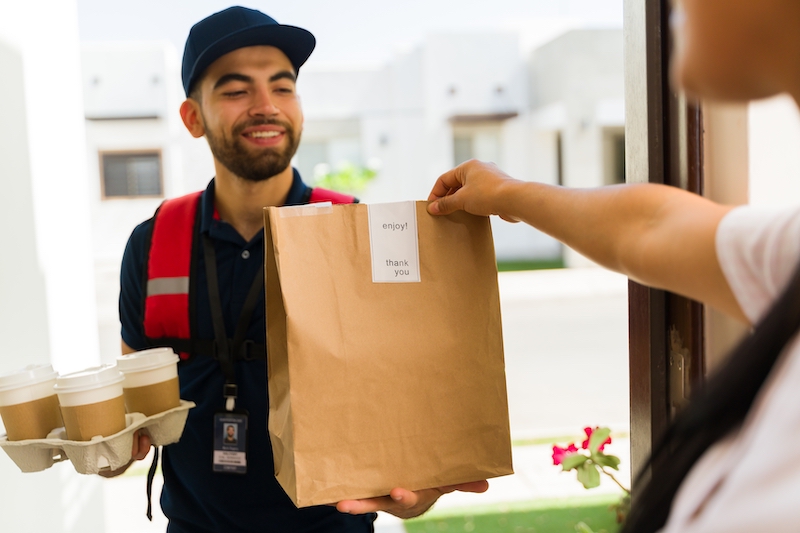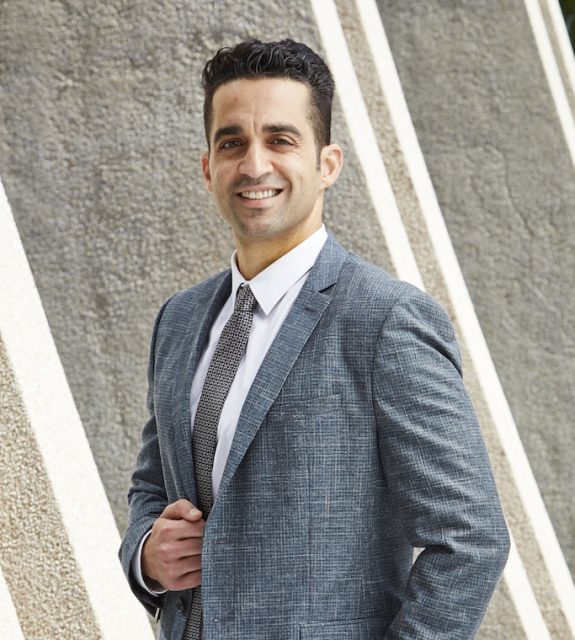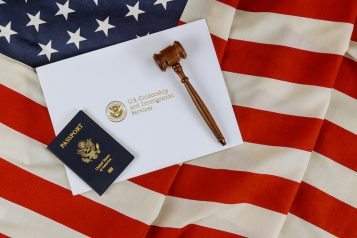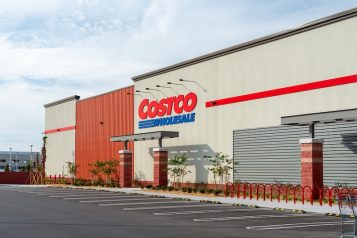
In the fast-paced world of food delivery services, accidents involving couriers are common, making clarity on liability and insurance coverage essential for all parties involved. Legal expert Yosi Yahoudai, Esq., founder and managing partner of J&Y Law, offers insights into food delivery accident liability and fair compensation to victims and stakeholders dealing with these incidents
Personal Injury Claims Against the At-Fault Driver
If an accident is caused by the negligence of a food delivery driver, the injured party has the right to pursue a personal injury claim against the driver. This hinges on establishing negligence, which includes proving breach of duty, causation, and resulting damages. Compensation can be sought through the driver’s personal auto insurance or any commercial insurance covering delivery activities.
Claims Against the Food Delivery Company
Delivery companies like Uber Eats and DoorDash often carry commercial liability insurance that covers their drivers during active delivery periods. This “vicarious liability” means the company can be held responsible for the actions of their drivers while on duty, provided the driver was within the scope of their employment. This insurance can cover bodily injury, property damage, and legal fees.
Uninsured/Underinsured Motorist Coverage
In cases where the at-fault driver lacks sufficient insurance coverage, victims may turn to their own uninsured/underinsured motorist (UM/UIM) coverage. This type of insurance is invaluable for securing compensation beyond what the at-fault driver’s insurance can provide, ensuring victims are not left financially burdened.
Third-Party Liability
Liability in food delivery accidents isn’t always straightforward. It can involve multiple parties, such as other drivers or even government entities responsible for road maintenance. Establishing the extent of each party’s liability requires careful examination of the circumstances surrounding the accident.
Workers’ Compensation
For delivery couriers who are injured while working, whether they are classified as employees or independent contractors affects their access to benefits. Employees typically have access to workers’ compensation, covering medical expenses, lost wages, and disability benefits. Independent contractors may need to rely on their own insurance policies or pursue personal injury claims against at-fault parties.
Understanding Insurance Coverage
Insurance coverage is pivotal in mitigating the financial fallout of accidents involving food delivery couriers. Delivery companies often provide commercial auto insurance that covers couriers during their active delivery shifts. This insurance typically includes liability coverage for bodily injury and property damage, ensuring that affected parties can seek adequate compensation.
Statute of Limitations
It’s crucial for victims to be aware of the statute of limitations, which dictates the timeframe within which legal action must be initiated. In California, for instance, the statute of limitations for personal injury claims is generally two years from the date of the accident, underscoring the importance of timely action.
As the landscape of food delivery services continues to evolve, so too must our understanding of the legal and insurance frameworks that govern accidents involving delivery couriers. Clarity on liability, insurance coverage options, and legal protections ensures that all parties involved can navigate these unfortunate incidents with confidence and fairness. By staying informed and proactive, we can uphold safety standards while safeguarding the rights of those affected.

Attorney Yosi Yahoudai extends adept guidance in the complex legal landscape. For invaluable insights and expert counsel, connect at 1-877-735-7035 or via email: Yosi@JnyLaw.com.


















